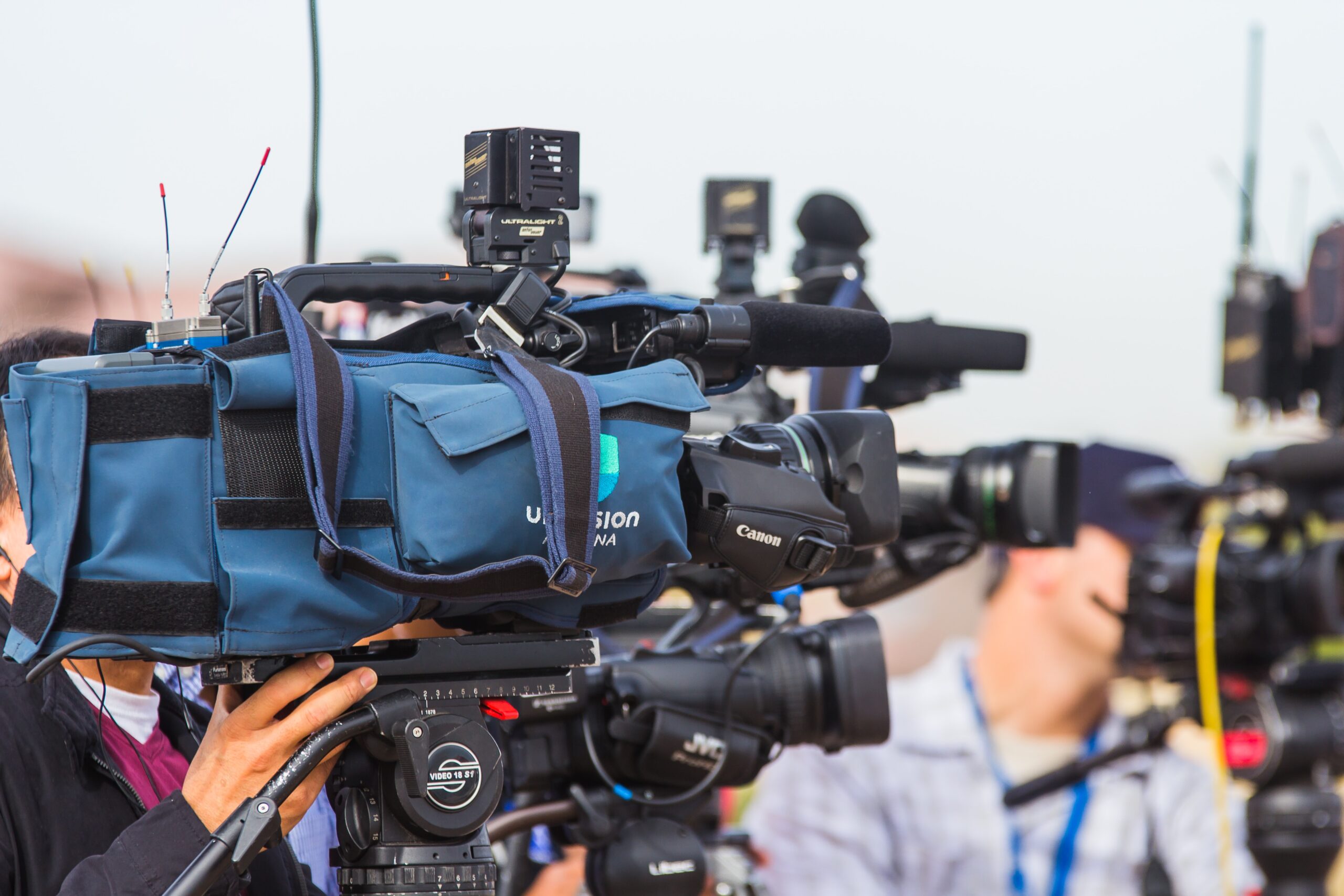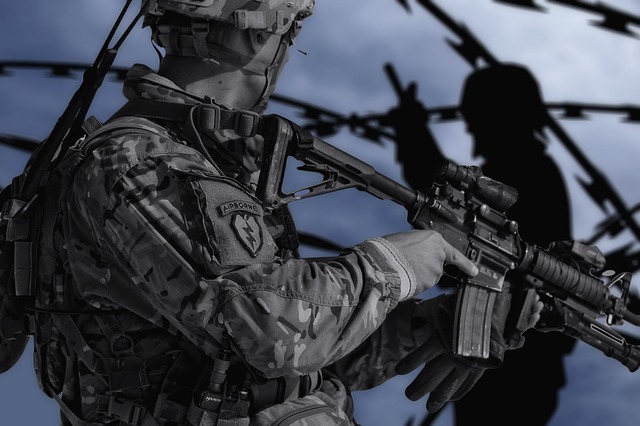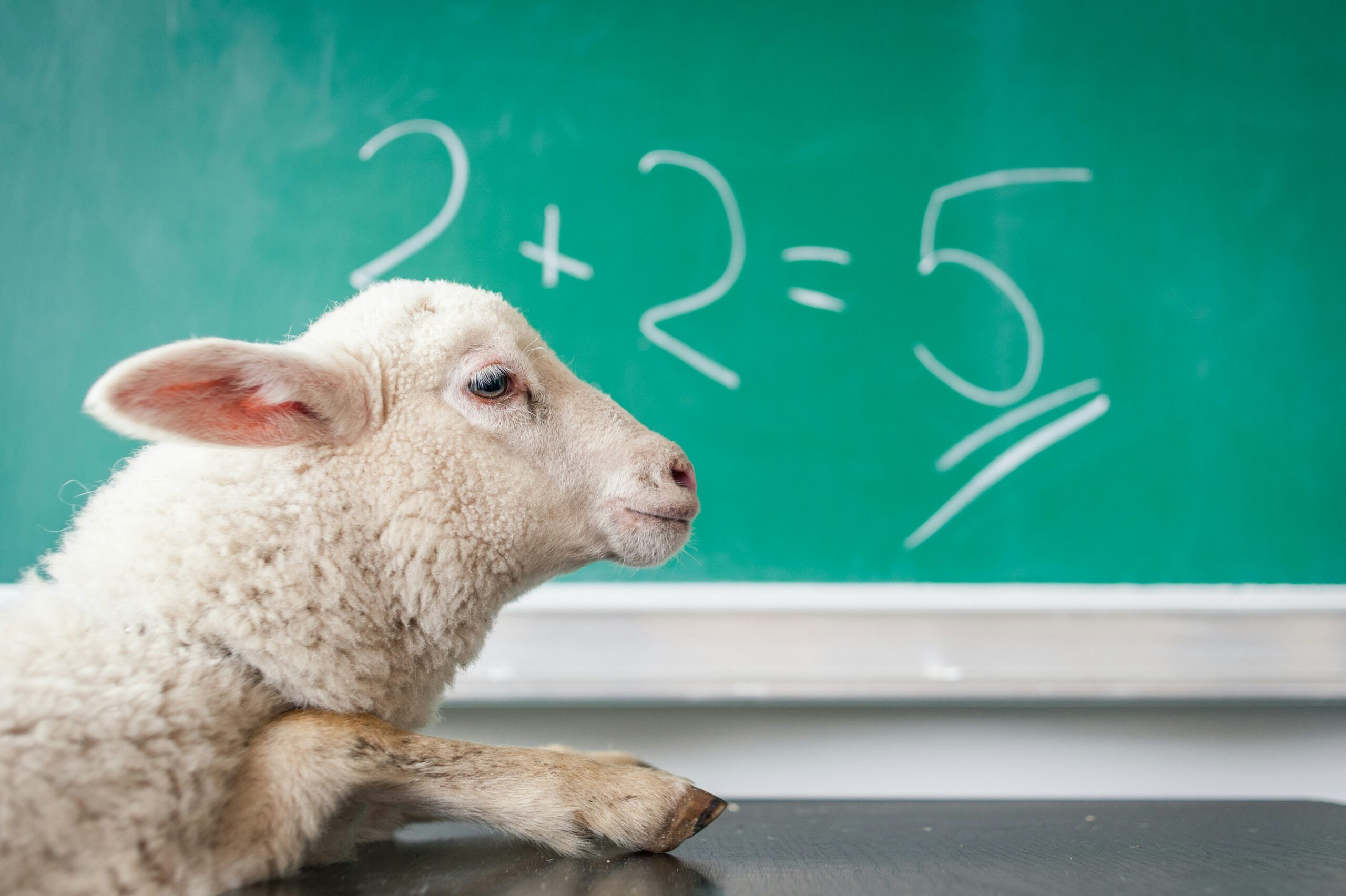Caché is one example of a film whose magisterial technical skills vie with the vaguely spurious, implausible substance of the story and its characters. The result is a film that I can admire, without feeling compelled to call it “art”; despite having much that is redeemable, Caché comes up short, leaving a bad taste in the mouth that is the worse because it is so well-made and magisterial. I have seen no film like it, and the convincing surveillance aesthetic of static shots and voyeurism has an incomparable power. But that alone is not enough—I expect more from something as authentic and intelligent as Caché. This is its unique class, well-deserved and not dishonorable: a successful failure, or a failed success.
The story itself is simple: Living in a middle-class district of Paris, a French bourgeois couple and their son begin to receive surveillance videos, delivered to their front door, of their own prosaic, quotidian comings-and-goings. The clues in the surveillance lead the husband, Georges, a cold and unsympathetic producer for a literary talk show, to the apartment building of Majid, whose parents were farmhands on Georges’ childhood estate. Georges, his character already inclined toward churlishness, accuses Majid of having devised the surveillance plot; the son of Georges and Anne, Pierrot, goes missing, and his parents accuse Majid of an abduction, which he also denies (after being taken into custody with his son); Majid then kills himself in his apartment in front of Georges, who is later confronted by the son of Majid, and who refuses to feel guilty about Majid’s suicide. Alternating between surveillance experienced by the audience as though it were itself surveilling, the surface action of the film overlies the uneasy welter of memories stemming from Georges’ childhood with Majid, revealed in spare shots of flashback.
The surveillance aesthetic of the film is convincing, creepy, and insinuating. It steeps the film in a paranoid atmosphere that never resolves itself, making the viewer expectant of a climax to the building tensions, which are likewise unrelenting. With this aesthetic and the tension, so promising at the start, the film derails into a finger-pointing muddle, using the flashbacks as a touchstone to the wrongful accusations against the family of Majid and, by extension, all those of Majid’s racial heritage—that of an Algeria colonized and oppressed by the French. This film, however well-acted (it contains excellent performances by Juliette Binoche and Daniel Auteuil, among others), has its parts function as props in a moral (and moralizing) tale of colonial guilt; while the characters are subtle, they are not substantial, caught up as they are in embodying the bourgeois habits of their milieu.
A story of colonial guilt does not preclude the depicting of deep, authentic characters—but this film does. Its characters, as well as the plot mechanisms whereby the subtle moral messaging is played out, seem too much a part of the cunning calculations of its director. As they are, the plot and the characters are strings pulled by a puppeteer, ingenious and fluid and in some sense masterly, but nonetheless lacking a taut, coherent vision. Why does Majid kill himself? Why does his son meet with Pierrot in the final, elusive static shot overflowing with extras? These are the important questions that, to so many, make the film compulsive viewing; but to others, they are the unimportant adornments luring many back to its moral message, which stands like a scarecrow, stuffed with straw.
I suspect that the brilliant aesthetic of Caché was an inseparable component of its shallowness of character and its tattered, unconvincing plot; after all, at the right distance from a scarecrow, anyone can fall for its corporeality—as long as you never get too close. But…wouldn’t that make most viewers of this film—crows?


